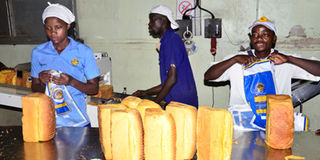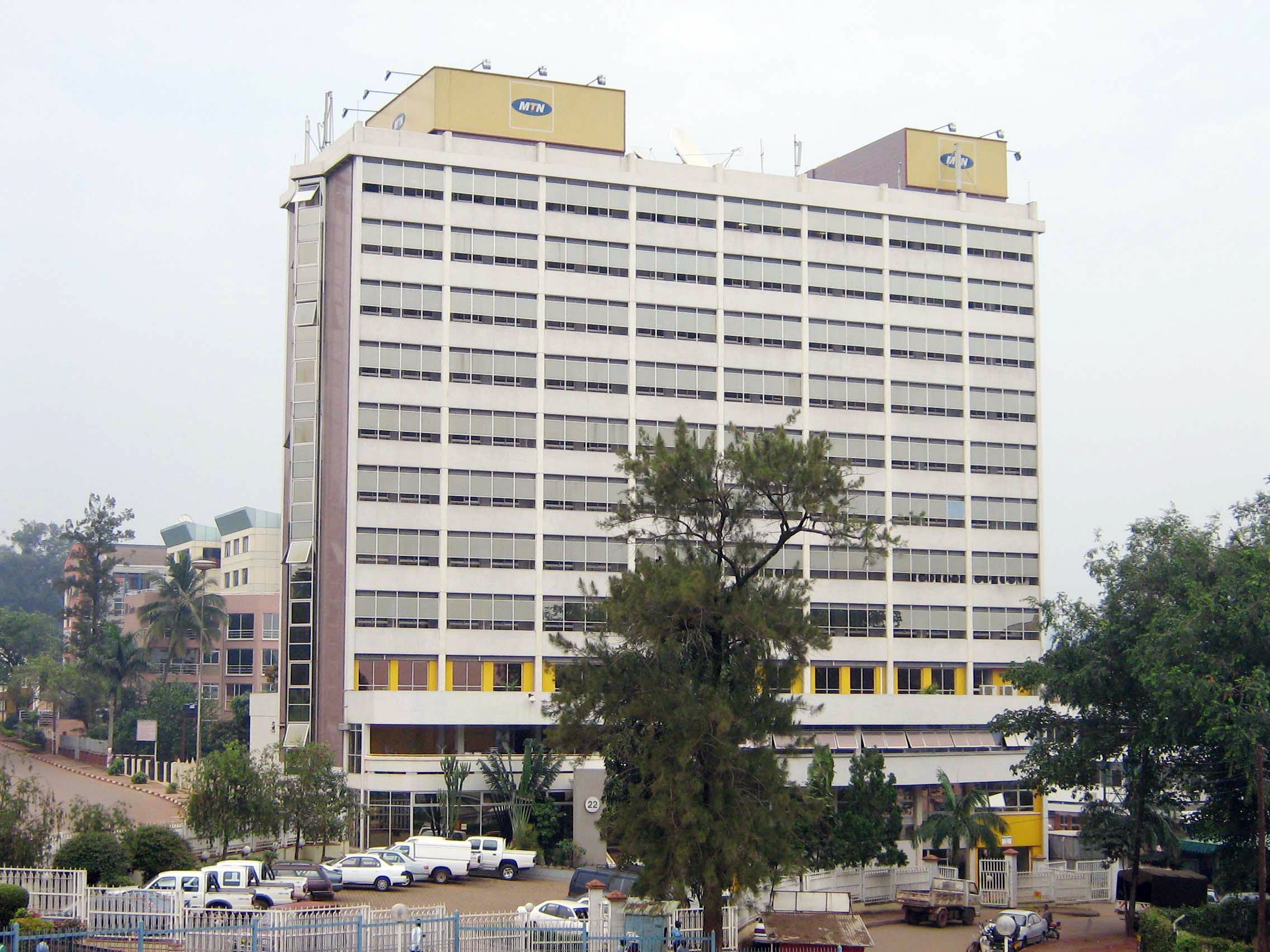Prime
Reap from bakery business

Employees package bread at a bakery in Kampala. Investing in bakery business can offer one good returns on investment. PHOTO BY DOMINIC BUKENYA
What you need to know:
Bread is a highly sought-after food item in households. Dorothy Nakaweesi explains the mechanisms of starting such a business and how to reap from it.
Bread is one common product to a sizeable proportion of the urban and semi-urban communities and therefore, enjoys a ready market.
Bread and confectionary products are a lucrative business. These, especially bread, are nutritive, easily preserved with a prolonged shelf life. These are products commonly stocked almost by all provision stores.
Investment capital
Ideally, the investment scale depends on the project set objectives and the type of products you are going to produce. Experts say it is better to diversify into different products such as various types of bread, cakes and pastries.
“This means if someone is not interested in buying bread you will be able to provide them a pastry or cake,” said Ms Harriet Kibuuka, the proprietor of Harryz Confectionary in Kyaliwajjala.
Then what does it take for one to start? Experts advise that you should not fear to start at home as long and you have an electric or charcoal oven, you can bake from your kitchen, garage or backyard and sell to your neighbours.
Small scale
Starting small varies. Industrial watchers say one can start with about Shs50,000 to buy ingredients including baking flour, sugar, butter, eggs, yeast or baking powder and flavours then you will be good to go.
However, for those who want to do it on a large-scale, Uganda Investment Authority says this project premised on baking bread, cakes, buns, mandazi and doughnuts among others, requires capital investment of $55,580 (Shs200 million). The said figure assumes 312 days of production costs with daily capacity of producing say 2,750 loaves of bread.
With this capacity, experts say one will be assured of annual revenue of $920,400 (Shs3.3 billion) with a 60 per cent net profit margin.
Market
Market for bread and other confectionary products are all becoming household items, at social events for instance birthdays, weddings, bridal and baby showers, religious events, corporate parties and schools. This market is available through the year and countrywide.
Advice
But before you invest in this business, experts give some hints on what you should do.
Mr Daniel Joloba, the chief executive officer Big Finance, an advisory and consultancy for small and medium enterprises, says when starting a bakery, you should have a ready source of raw materials.
“Identifying your suppliers who will offer the same quality of product is very important in this business. This is facilitated by the kind of raw materials you are using. Your customers will always demand for that particular bread or cake taste,” Mr Joloba said.
Secondly, get to know your competitors, what they are doing better and their weaknesses. What they are not doing well should give you a picture on how to strategise when starting your own bakery.
He said: “If your competitors deliver products to the market at 10am, deliver your products much earlier. Look at the packaging, aroma of the bread and cakes because all these will give you an edge.”
The bakery business involves using several ingredients such as wheat, eggs, flavours and sugar.
According to Mr Joloba, all these items need you to carefully manage their expenses by taking a deliberate strategic plan.
He advises that you have to look at the energy efficiency appliances, minimise the cost of raw materials by buying because prices of products change.
Incentives
According to UIA, because of the liberalised trade policy, bakery owners are allowed to import wheat tax-free and process it into wheat flour.
Then those who would have imported in machinery, its depreciation (fixed asset write off) assumes four years life of assets written off at 25 per cent every year for all assets.




